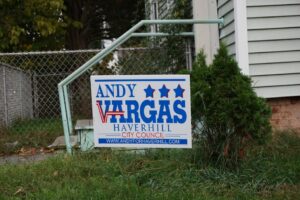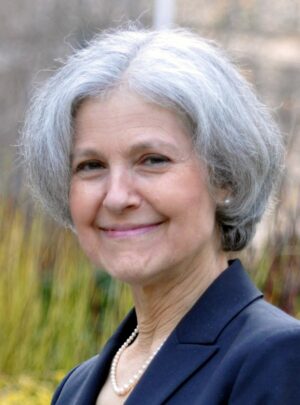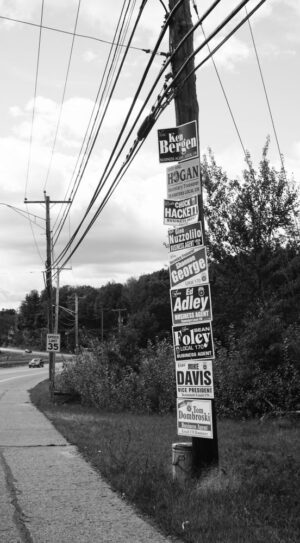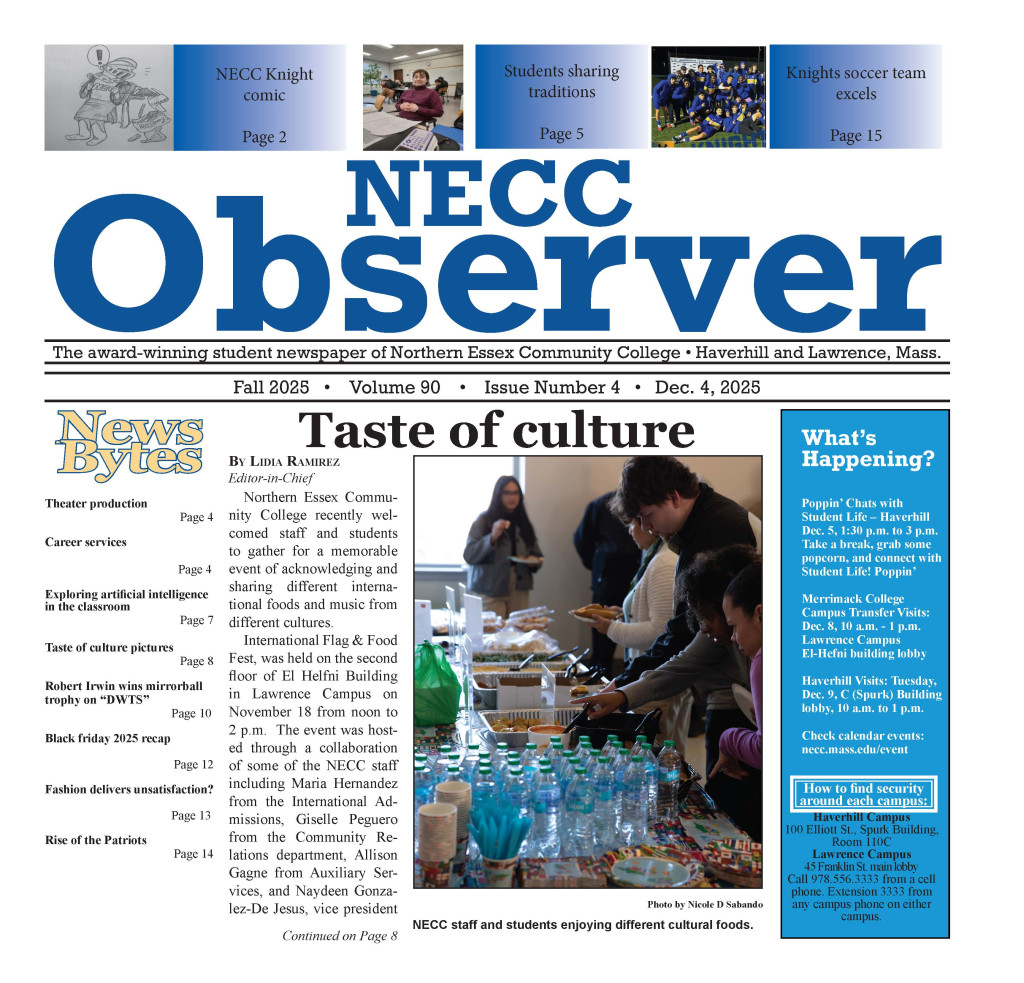Andy Vargas, 22-year-old candidate for Haverhill City Council, came to NECC on Friday, Oct. 23, to speak to a classroom filled with faculty and students. Vargas ran against 14 other people in the election. He spoke about the changes he plans on bringing to Haverhill if he is elected to City Council.
“The City Council,” Vargas said, “is like Congress.” Two things the Council does is make decisions involving budgeting and also on “zoning,” or what is going to be built where. The Council focuses on the goals for the city and improving the community growth.
“I’m a newcomer, a young guy, and I need to prove that I can do something for the city,” he said.
Vargas was raised with the mentality that after graduation, he wanted to go away to a big, exciting city. One of the reasons he’s running for city council is because he doesn’t want kids in Haverhill to grow up wanting to leave the city. A way of getting students more involved with their community would be through civic engagement.
“I want civic engagement to be a high school education requirement,” he said. Since government affects almost every aspect of your life, Vargas is “trying to get people to understand that politics is for everybody.”
His goal is to try to get students involved in campaigns they care about and get hands on experience.
Another plan he hopes to implement would be to change the way we are handling the heroin crisis in our city.
“We’re just jailing people and expecting it to work,” he said. “We need to confront this as a mental health issue.”
He used Gloucester as an example for how he thinks Haverhill should be treating the situation. Gloucester is going to one of the roots of the problem, which is addiction. Instead of treating people with heroin addictions as criminals, the police are treating it as a disease. If people come to the police and say they need help, they will get help with a treatment program and will not get a criminal record. Even if they walk in with the drugs on them, they will not be charged. Last year, 72 people enrolled in it and more than half completed the treatment.
Vargas also recognized how small the voter turnout has been in comparison to the number of people registered to vote. To tackle this issue, he thinks we should make it easier for people to access information about the candidates and also market what the city does and can do for them. Currently, the public has access to the minutes from the City Council meetings at http://www.cityofhaverhill.org/government/city_council/index and can actually watch the meetings at haverhillcommunitytv.org. While it’s easy to find the names for the candidates online, it takes a bit more research to actually find out what each one represents and supports.
“We need to do a better job at marketing and informing people,” he said.
A practical way of providing the public with additional information on candidates, according to Vargas, would be to create a graph and put it on Facebook, because there is such a large number of people active on social media.




